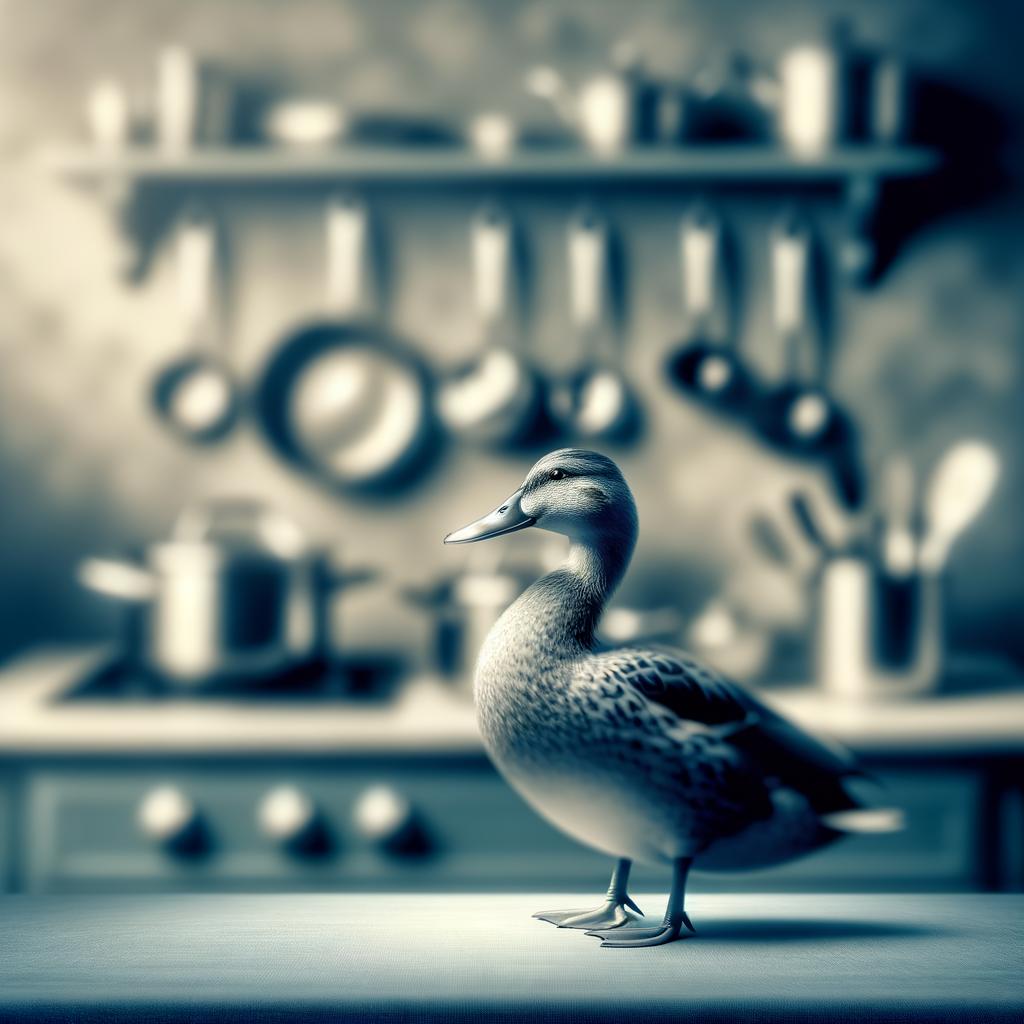Duck

Description The ingredient we are delving into today is none other than the succulent, rich, and versatile Duck. This bird is a feast for the senses, with its glossy, mahogany-hued skin, tender, juicy flesh, and the unique, savory flavor that sets it apart from its poultry counterparts. The texture of duck is a delightful paradox - the skin crisps up to a perfect crunch while the meat underneath remains tender and moist. Its flavor profile is a complex harmony of rich, gamey notes with a subtle sweetness that lingers on the palate. What truly sets duck apart is its fat - a rich, flavorful layer that renders down during cooking, imbuing the meat with an incomparable depth of flavor.
Primary Uses Duck is a culinary superstar, gracing the tables of various cuisines around the world. The French are known for their 'Canard à l'orange', a sophisticated dish where the duck is roasted and served with a tangy orange sauce. The Chinese, on the other hand, have elevated duck to an art form with their Peking Duck, a dish characterized by its thin, crisp skin. Meanwhile, in America, duck breasts are often pan-seared like steaks and served with a variety of sauces and side dishes. Beyond its culinary uses, duck feathers are also used for insulation in bedding and clothing due to their lightweight and excellent thermal qualities.
History The history of duck as a culinary ingredient is as rich and complex as its flavor. Domesticated over 2,000 years ago in China, ducks have been a staple of Chinese cuisine, with Peking Duck dating back to the Yuan Dynasty. In Europe, duck was a luxury item in the Middle Ages, reserved for the tables of the nobility. The popularity of duck has waxed and waned over the centuries, but it has always retained its status as a symbol of culinary elegance and sophistication. There's an old French saying, "Canard à la presse, c'est un oiseau qui se mange avec les doigts" - "A pressed duck is a bird that is eaten with the fingers", highlighting the hands-on, indulgent experience of enjoying this delectable bird.
Nutritional Information Duck is not just a treat for the palate, but it also offers a wealth of nutritional benefits. It's an excellent source of protein, providing all nine essential amino acids necessary for bodily function. Duck is also rich in vitamins, especially vitamin B-5 and B-12, which support cardiovascular health. The fat in duck is primarily monounsaturated and contains omega-6 fatty acids, which are beneficial for brain function. However, like all things in life, moderation is key, as duck is also high in cholesterol. Compared to chicken, duck is higher in iron and provides more energy due to its higher fat content, but it's also richer in flavor, making it a worthy occasional indulgence.

